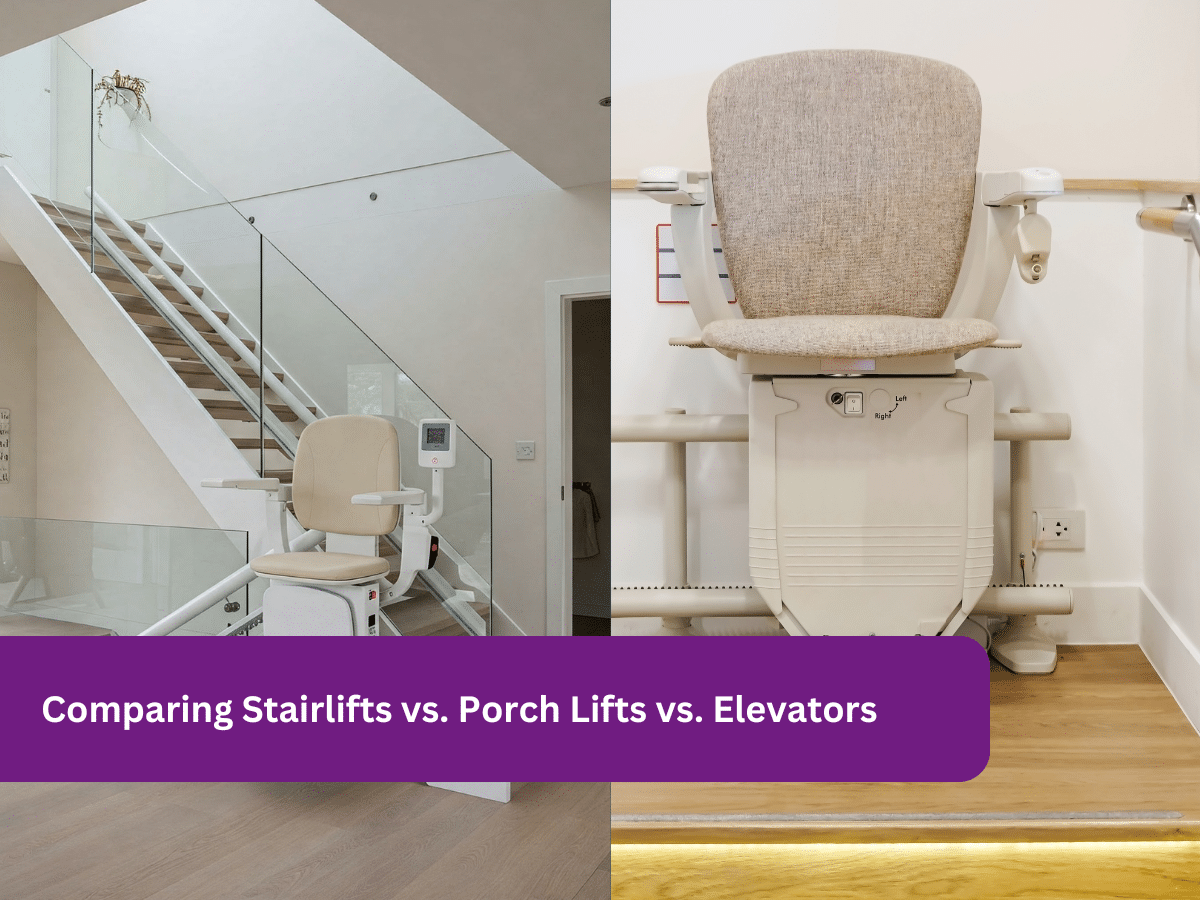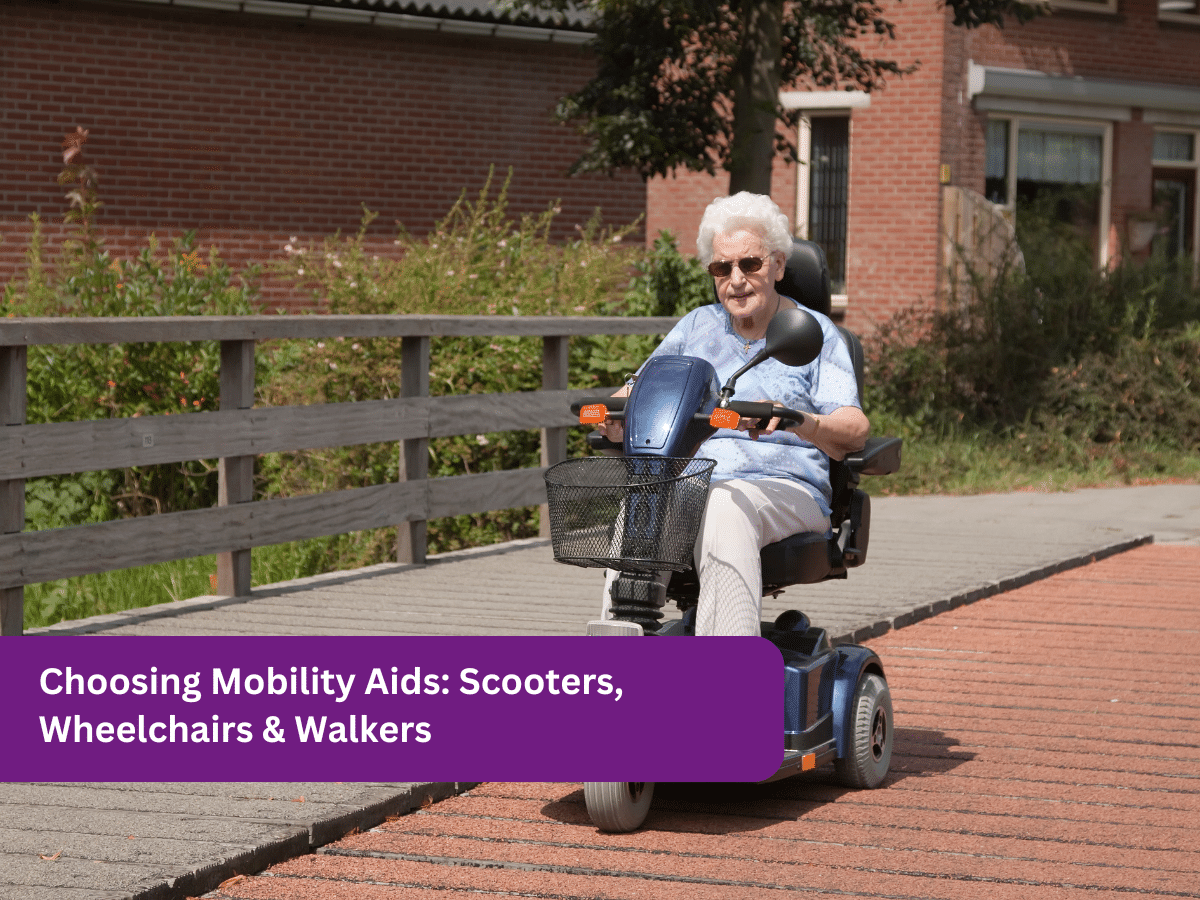It might be hard to believe, but the glorious summer season is beginning to wind down. The back to school rush is right around the corner and many Canadians are preparing for cooler temperatures to emerge. For some people, this is the time of year to book a vacation. Have you been considering flying out to a hot and sunny destination?
If you’re an older adult, your trip will require a little extra planning. Here are four travel tips for seniors planning vacations before summer’s end:
1. Check in with your doctor.
Before you make any travel plans, be sure to consult your healthcare provider. It’s important to let your doctor know where you’re going, how long you’ll be away and whether you’ll need refills for prescriptions. Be sure to ask about vaccines if you’re travelling abroad. Also, request a copy of your medical records in case of emergencies. Store your health information in both digital and printed formats and keep a list of your medications on hand.
“It’s always wise to invest in protecting your health before venturing abroad,” alerts the Government of Canada, “Individual pre-travel health assessments and travel vaccinations may not be covered by provincial health plans. Fees for these services should be part of your travel budget.”
2. Book accessible accommodations.
Where you stay can make or break the enjoyment of your trip. Look for hotels or vacation rentals that advertise accessible rooms or “barrier-free” spaces. This can include features like grab bars in the bathroom, roll-in showers, ramps, elevators or rooms located on the ground floor. When booking over the phone, don’t hesitate to ask detailed questions. Many seniors report arriving at destinations only to discover that their rooms weren’t as accessible as advertised.
Laetitia Mfamobani of the Rick Hansen Foundation insists that accommodations should be designed to meet a range of mobility, sensory and other needs. “A safe and comfortable place to stay is an important part of any journey,” she writes, “Ramps, elevators and good lighting throughout the building help ensure that all guests can move freely…When lodging is inclusive, guests can relax and enjoy their stay without unnecessary stress or difficulty.”
3. Pack light.
Packing efficiently can reduce physical strain and prevent injury. Consider using luggage with wheels, packing cubes and a small carry-on with your essentials. We’re talking about daily medication, a change of clothes, your passport and insurance papers, hearing aids, glasses and a phone charger.
“Roll your clothes instead of folding them to save room,” advises Road Scholar, “Be conservative with how many shoes you’ll pack. They’re heavy and you’ll likely only wear a couple of pairs.”
4. Take Travel Buggy with you!
It’s imperative that you consider your mobility challenges when travelling. Have you heard of Travel Buggy? It’s the most convenient electric wheelchair on the market today! Lightweight and easy to fold, it can fit in the back of just about any vehicle without the need for any speciality equipment. Moreover, with a tight turning radius and powerful motors, Travel Buggy is perfect for indoor and outdoor use.
True to its name, this portable power chair is approved for air travel by CATSA, TSA (US) and various other security and aviation authorities. No additional special “Travel Batteries” are required. To learn more about Travel Buggy, please don’t hesitate to call LifeCare Mobility at 416-267-9800 or email us at info@lifecaremobility.ca. You may also contact us by filling out the form on our Contact page!









